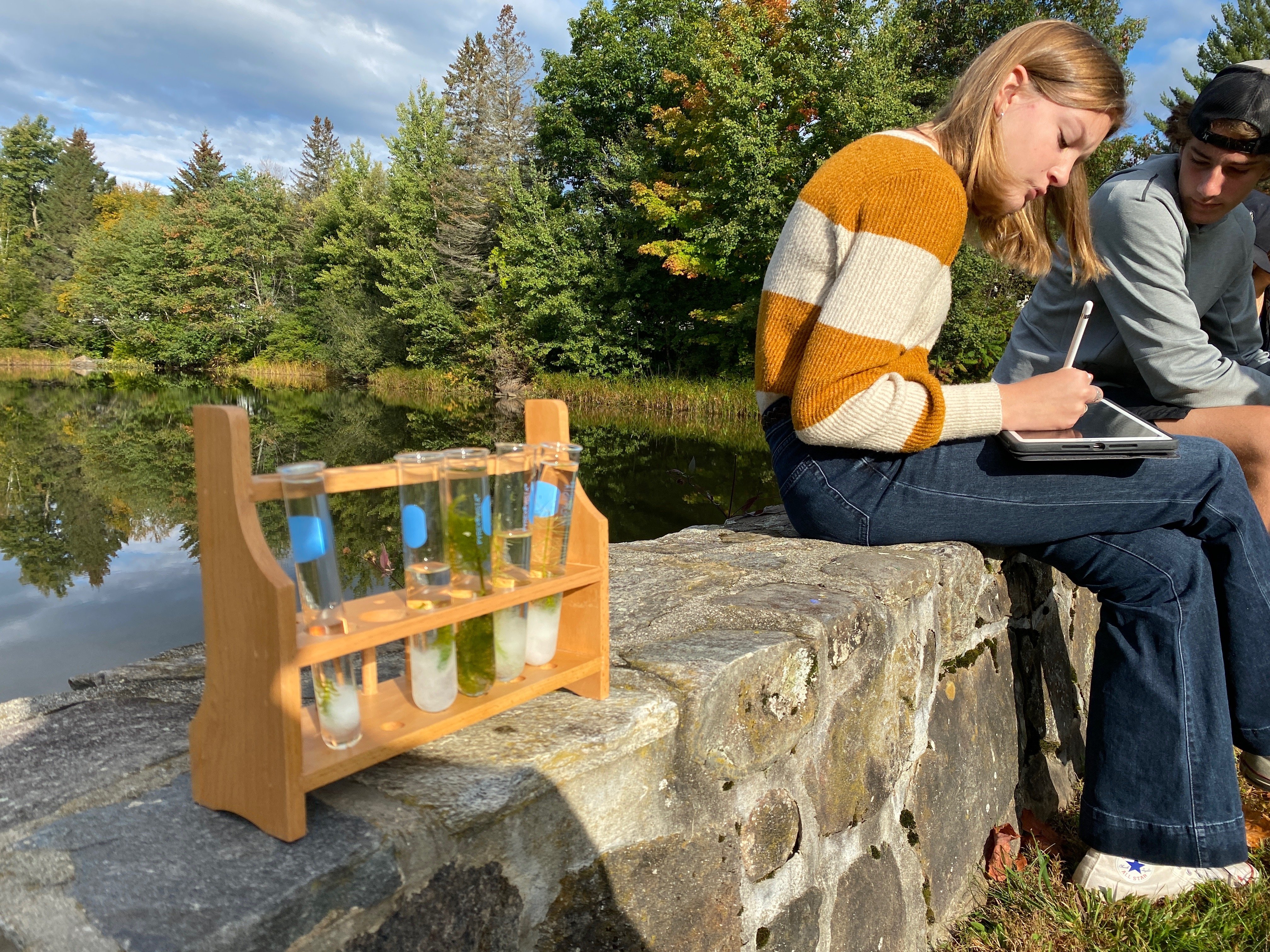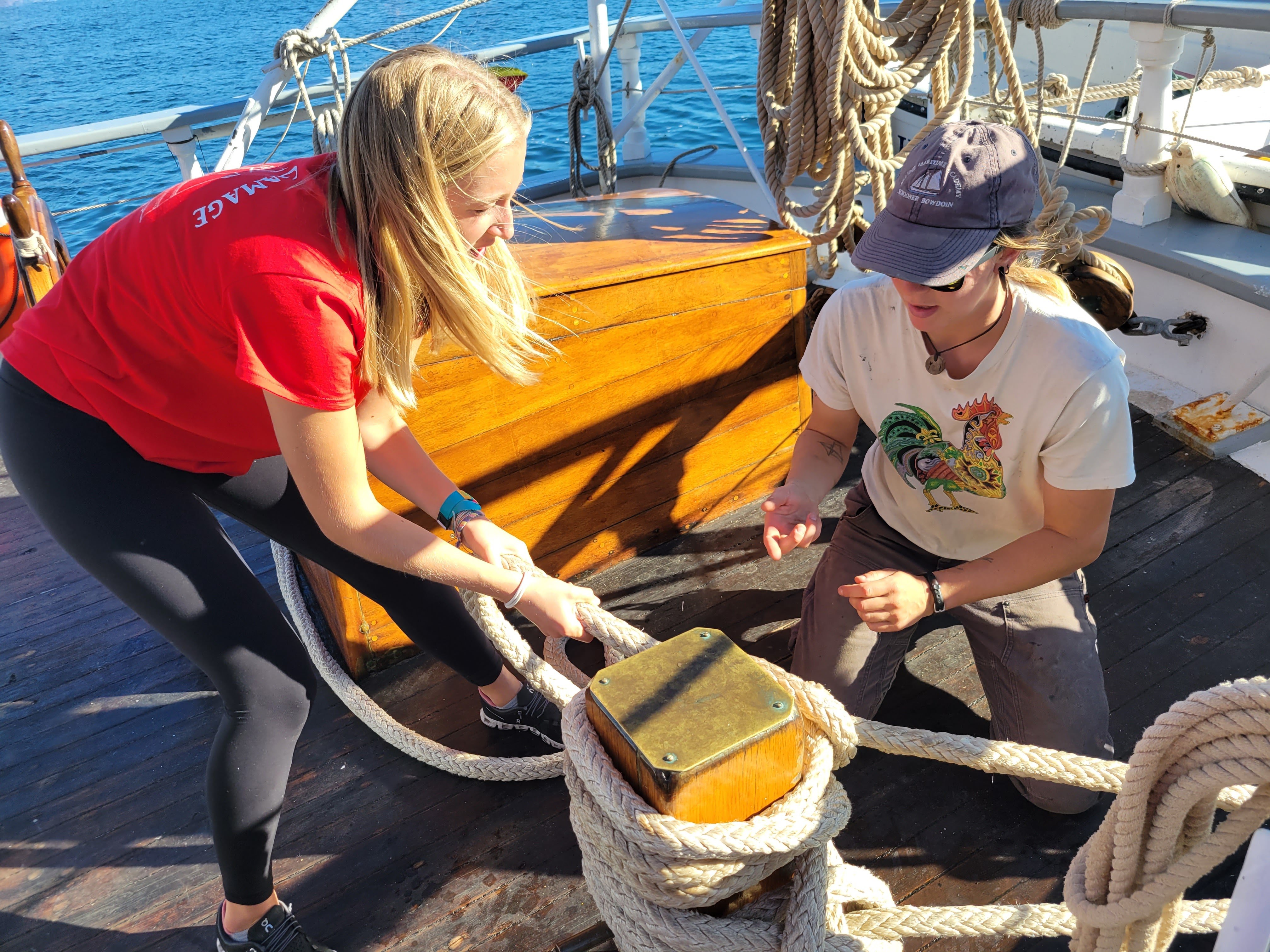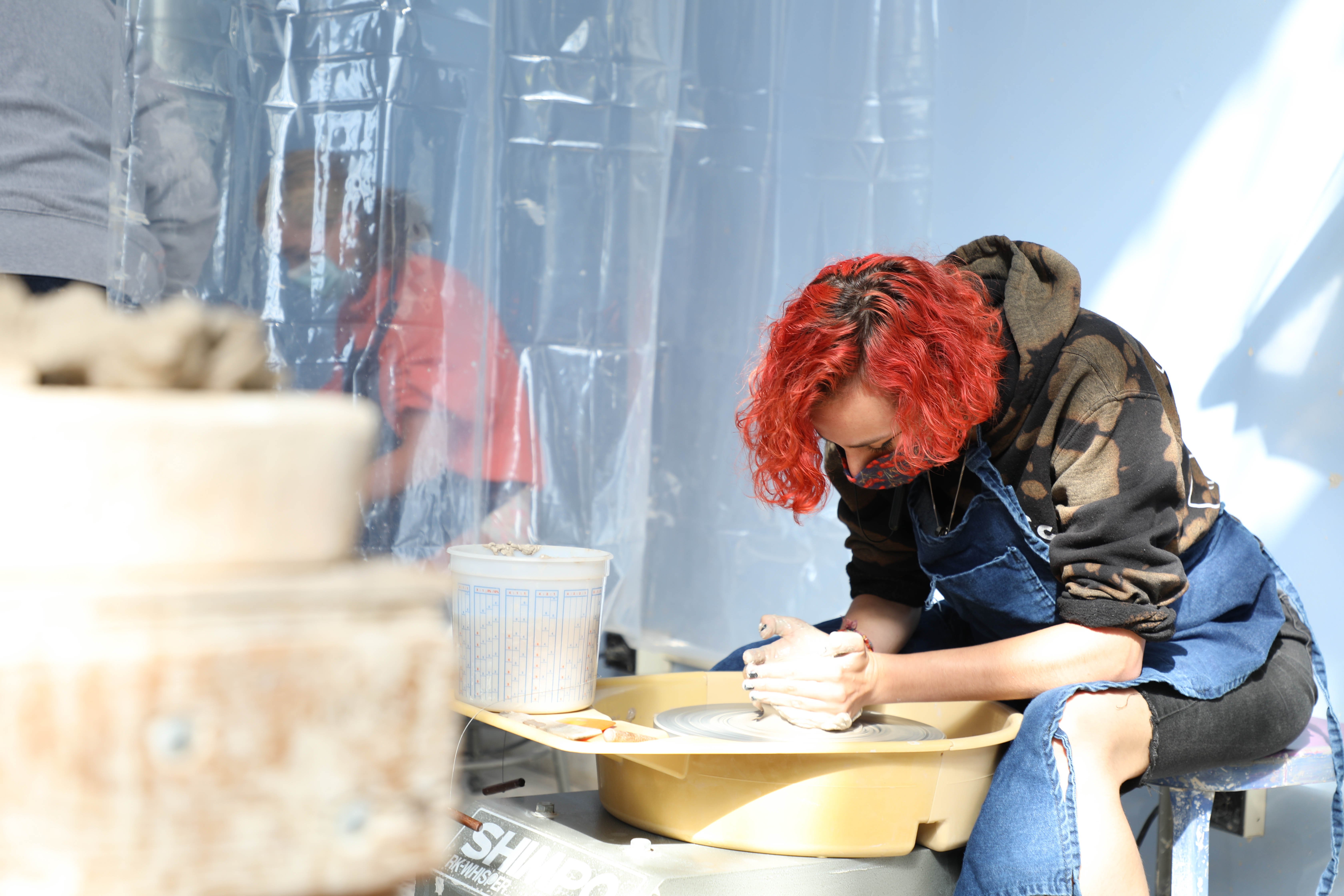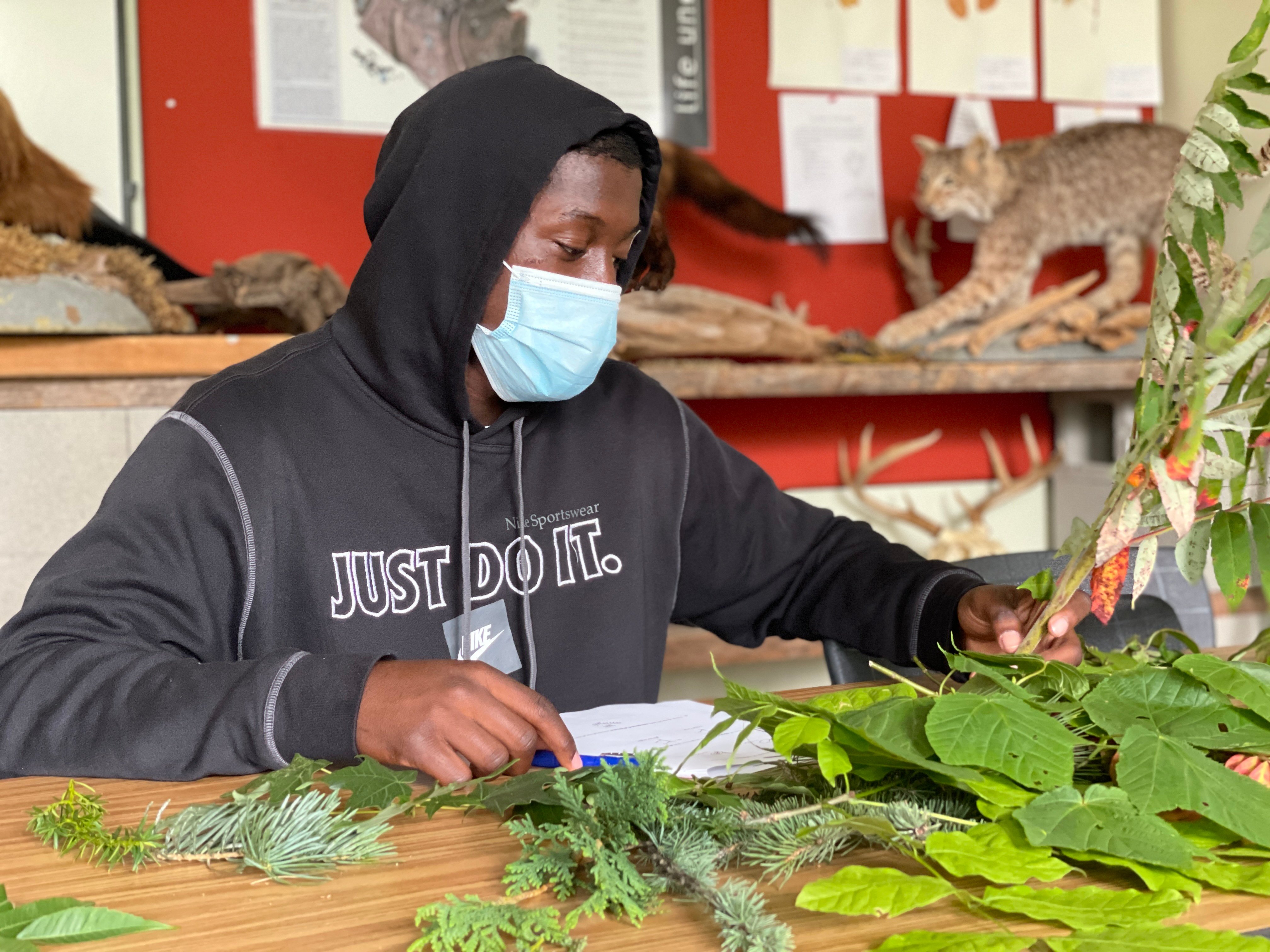As we begin the third week of classes, we remind ourselves that it is often that which we experience outside of the traditional classroom that has the greatest impact. This is what we seek to do at Proctor. To get proximate to our learning. To feel it with all five of our senses, and then to take that learning with us into our lives beyond the official end of the class block.

Learning is about being present. It’s about putting aside the distractions that inevitably fill our lives and focusing on that which is in front of us. Our off-campus programs thrive on proximate learning. Students on Mountain Classroom and Ocean Classroom have no access to their cell phones. The same pockets of disconnectedness occur on Wilderness Orientation and some Project Periods, but the constant pull of technology and desire to be connected infiltrates our on-campus experience far too much. So how do we combat the digital creep that impacts our students’ learning? We move beyond the classroom and beyond the text books to real world experiences.

We see this happening in our World Language classes as they engage in conversational language learning by integrating outdoor activities and physical motion. We see this in our science classes as they step foot into the 2,500 laboratory that is Proctor’s campus. We see it in math, history, and English as well. We see it when we visit the forge, the wood shop, metal shop, recording studio, or Slocumb Hall. We see what an immersive learning experience looks like, and quietly notice that when students are fully engaged, the gravitational pull to devices subsides.

In reality, not every moment in every class looks like this. There are plenty of challenges, struggles, and frustrations that bubble up in our classes from time to time. Students must unlearn prior perceptions of “school” and embrace the notion that learning can be fun. As educators, we also must unlearn what productivity and content delivery looks like as we create dynamic classrooms. Together, we work toward the realization that perhaps our greatest moments of connection will come when they are truly disconnected.

David Brooks, the New York Times columnist published THIS op ed a few years ago. It deserves revisiting as we think about how we teach and why we teach at a place like Proctor:
It’s not just about how we deliver an academic curriculum, it’s about helping kids fall in love with learning and see beyond their textbooks to their own journey as learners within a connected community. When we do this, we are living out our mission.“A key job of a school is to give students new things to love - an exciting field of study, new friends. It reminded us that what teachers really teach is themselves - their contagious passion for their subjects and students. It reminded us that children learn from people they love, and that love in this context means willing the good of another, and offering active care for the whole person...The bottom line for any school: What is the quality of the emotional relationships here.”








